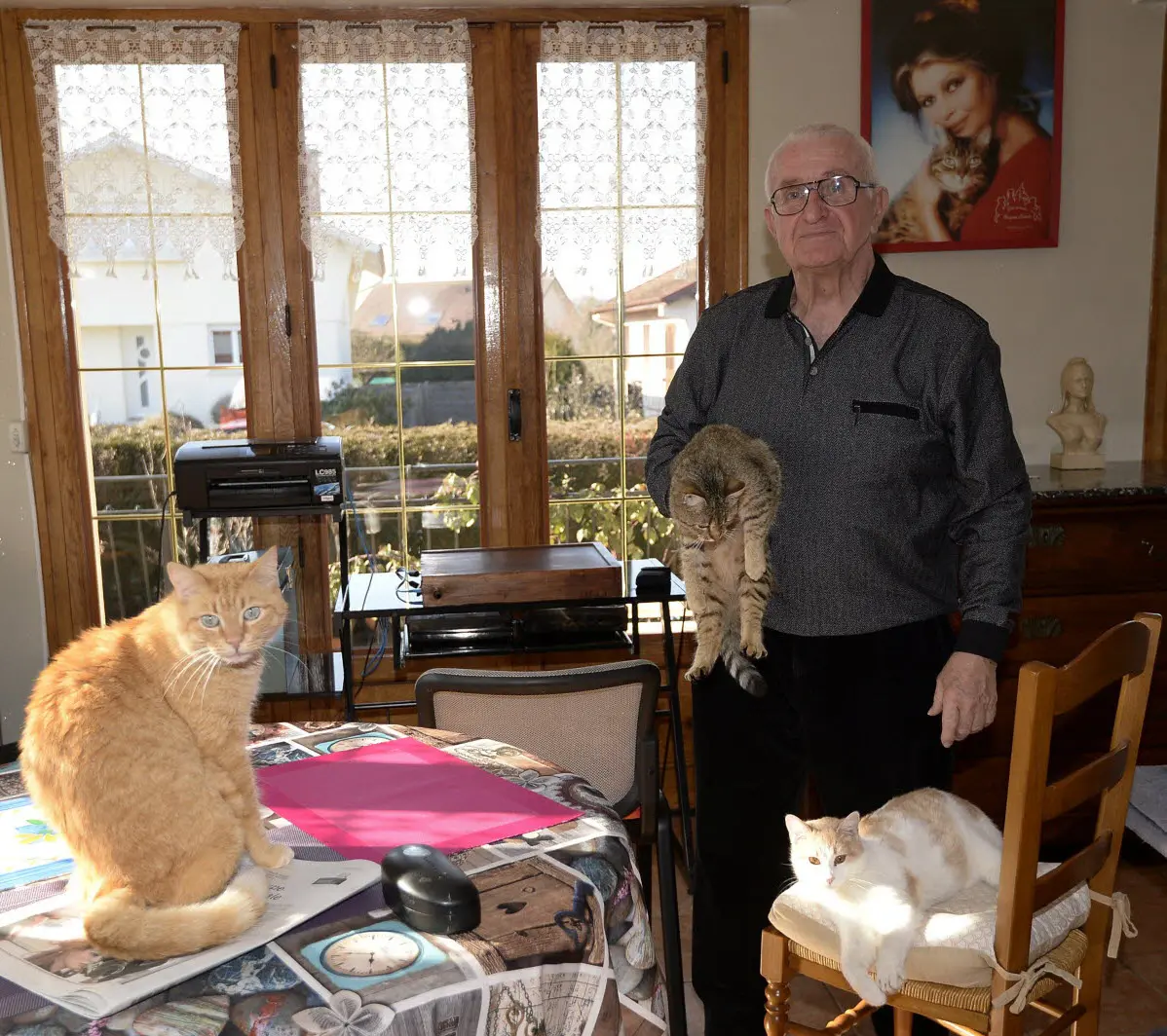The world of aesthetic treatments can often seem idyllic, but beneath the surface lies a tapestry of drama, betrayal, and intrigue. Recent revelations about the alleged actions of New York aesthetician Joey Grant Luther have sent ripples through the community, leaving many socialites shaken by their experiences. As former clients of Luther share their stories, one common thread emerges—support and camaraderie found in a new group chat aptly named ‘Former Lutherans.’ This intriguing connection highlights both the complexities of trust in beauty treatments and the undeniable strength of shared experiences in the face of adversity.
Retelling their experiences, former patients reveal not just the serious health risks posed by counterfeit Botox, but also the allure that brought them to Luther’s unlicensed practice. These tales serve as cautionary narratives, emphasizing the importance of transparency and accountability in the beauty industry. The revelations surrounding Luther’s practices not only unfold a narrative of deception but also mirror the incredible power of community resilience.
The Rise of Joey Grant Luther and His Unlicensed Practice
The case of Joey Grant Luther serves as a stark reminder of the necessity for regulations within the aesthetic industry. Operating under the facade of a legitimate practice, Luther catered to a clientele eager for affordable beauty treatments, often at the expense of safety. The allure of bargains can be enticing, yet as many former clients have discovered, what appears to be a good deal can quickly turn into a nightmare.
With competitive pricing that attracted a mostly male clientele, Luther’s operations thrived until the unfortunate truth began to unravel. From double vision to slurred speech, the alarming consequences of his practices were a wake-up call for many. The fact that some clients experienced severe symptoms such as botulism is a level of risk that no patient should ever have to face.
A Hidden Risk: Counterfeit Botox
Many clients trusted Luther based on recommendations from friends, unaware that he was administering counterfeit Botox sourced from outside the country. This risky behavior not only put his clients’ health in jeopardy but also raised questions regarding the legality of his practice. Peddling such drugs without the necessary licensing is not just irresponsible; it is a violation of trust that has left many feeling vulnerable.
Furthermore, the illegal distribution of counterfeit drugs raises ethical issues that go beyond individual health risks. The beauty industry relies on trust, and Luther’s actions have damaged the reputation of aesthetic practitioners as a whole. As former clients band together to navigate the fallout, their experiences may lead to greater awareness and advocacy for safer practices in the industry.

Community and Support: ‘Former Lutherans’
In response to the chaos that ensued from their shared experiences, many former clients of Luther have turned to each other for support. The group chat dubbed ‘Former Lutherans‘ has become a sanctuary for those who have faced similar distressing situations. Offering a space for camaraderie and advice, this group symbolizes resilience—a reminder that individuals can find strength in unity.
Socialite and Avenue Magazine editor-in-chief Peter Davis has been at the forefront of this support network. Sharing his own disheartening experiences with Luther, he noted, “It’s a miracle I still have a face!” This humorous yet poignant comment encapsulates the blend of levity and gravity that defines conversations in the group chat.
For many in the chat, the discussions revolve not only around healing from past traumas but also sharing recommendations for safe and licensed practitioners. Davis has become a point of contact for several doctors reaching out to this group, ready to offer more secure options moving forward.
The Impact of Luther’s Arrest
Joey Grant Luther’s arrest sent shockwaves through the community, marked by the federal criminal charges of wire fraud and smuggling. The ramifications of his actions extend beyond individual pain, impacting entire communities where trust was breached. Many within the aesthetic community expressed their shock and outrage, recognizing that for some clients, it truly was a dangerous gamble.
The justice system’s response reflects the seriousness of the charges brought forth against Luther and signifies a broader call for accountability within the beauty sector. Clients who once patronized his unlicensed practice now find themselves navigating a web of concern while hoping for justice.
The Legal Ramifications and Future Implications
The legal proceedings surrounding Joey Grant Luther raise essential questions about regulation in the cosmetic industry. While Luther has been charged with serious crimes, the case also shines a light on the ongoing need for legal frameworks that protect clients from such fraudulent practices. As the industry seeks to recover from this scandal, there is an opportunity to push for stricter regulations and enforcement that could help deter similar future actions.
Ultimately, navigating these events will require collaboration between legal authorities, industry professionals, and the communities that seek their services. Recognizing the common goal of safety and trust could form the foundation for future improvements.

The Social Ramifications of the Scandal
As socialites and clients grapple with the fallout from Luther’s actions, a shift has also occurred within their social interactions. The drama surrounding this case has brought to light not only personal experiences but also underlying issues regarding beauty standards and the lengths individuals will go to achieve them. Discussions among clients often reveal the stigma surrounding unlicensed procedures and the need for open dialogues about safety and authenticity in the beauty industry.
Beyond personal narratives, the scandal raises broader questions about societal expectations around aesthetics. As clients share their experiences, they highlight the pressure to maintain appearances within social circles. The desire to conform to beauty standards can easily lead individuals into exploitative situations, where quick fixes masquerade as legitimate services.
In the face of such pressures, group chats like ‘Former Lutherans’ serve as crucial platforms for change, allowing individuals to voice their perspectives and learn from one another. Through resilience and shared knowledge, former clients can find empowerment even amid adversity.
Moving Forward: Advocating for Change
The experiences shared by the former clients of Joey Grant Luther have sparked conversations—not just about their personal health risks, but about advocating for better practices in the beauty and aesthetic industry. As clients unite and discuss their past experiences, they also focus on the importance of advocacy and supporting reputable practitioners in their future endeavors.
Engaging with licensed professionals, understanding treatment options, and emphasizing client education are pivotal steps in ensuring safety within the industry. The drive for change is fueled by the stories of those who suffered, reinforcing the necessity for accountability and transparency as cornerstone values in aesthetic treatments.
Community Awareness and Education
The ‘Former Lutherans’ group has expanded its influence beyond just sharing personal stories. It has become a hub for educating fellow community members about the potential dangers of unregulated aesthetic practices. The power of community is evident as members swap tips, research treatments thoroughly, and bolster one another in seeking safe alternatives.
The group’s ongoing commitment to security and responsible practices is fostering broader awareness within social circles, encouraging patients to ask questions and demand clarity from any practitioner they consider. Moreover, this creates a foundation where informed choices can thrive.

The Path to Safer Practices in Aesthetics
As the fallout from Luther’s actions continues to influence the community, the path to safe and ethical aesthetic practices has become a central theme in discussions. The emphasis on licensed professionals and regulated treatments has never been more relevant. Clients now realize the importance of advocating for their safety and well-being above all else.
Many individuals have begun to embrace a more holistic approach to beauty that places health at the forefront. This shift denotes a significant transformation in perception—beauty is not merely skin deep. Empowering individuals with knowledge and clarity regarding aesthetic treatments leads to more responsible choices, enabling a healthier industry overall.
Through this transition, the dialogue surrounding the pursuit of beauty has the potential to reshape industry standards, fostering a culture of accountability and transparency. As the community advocates for practices that prioritize client health, the foundation for a more ethical and informed beauty landscape is being laid, one conversation at a time.
I’m Mikael, a 35-year-old Gossip Gravity Creator. I’m passionate about curating captivating content that sparks conversations and ignites curiosity. Join me on this exciting journey as we explore the fascinating world of gossip and trends together!



